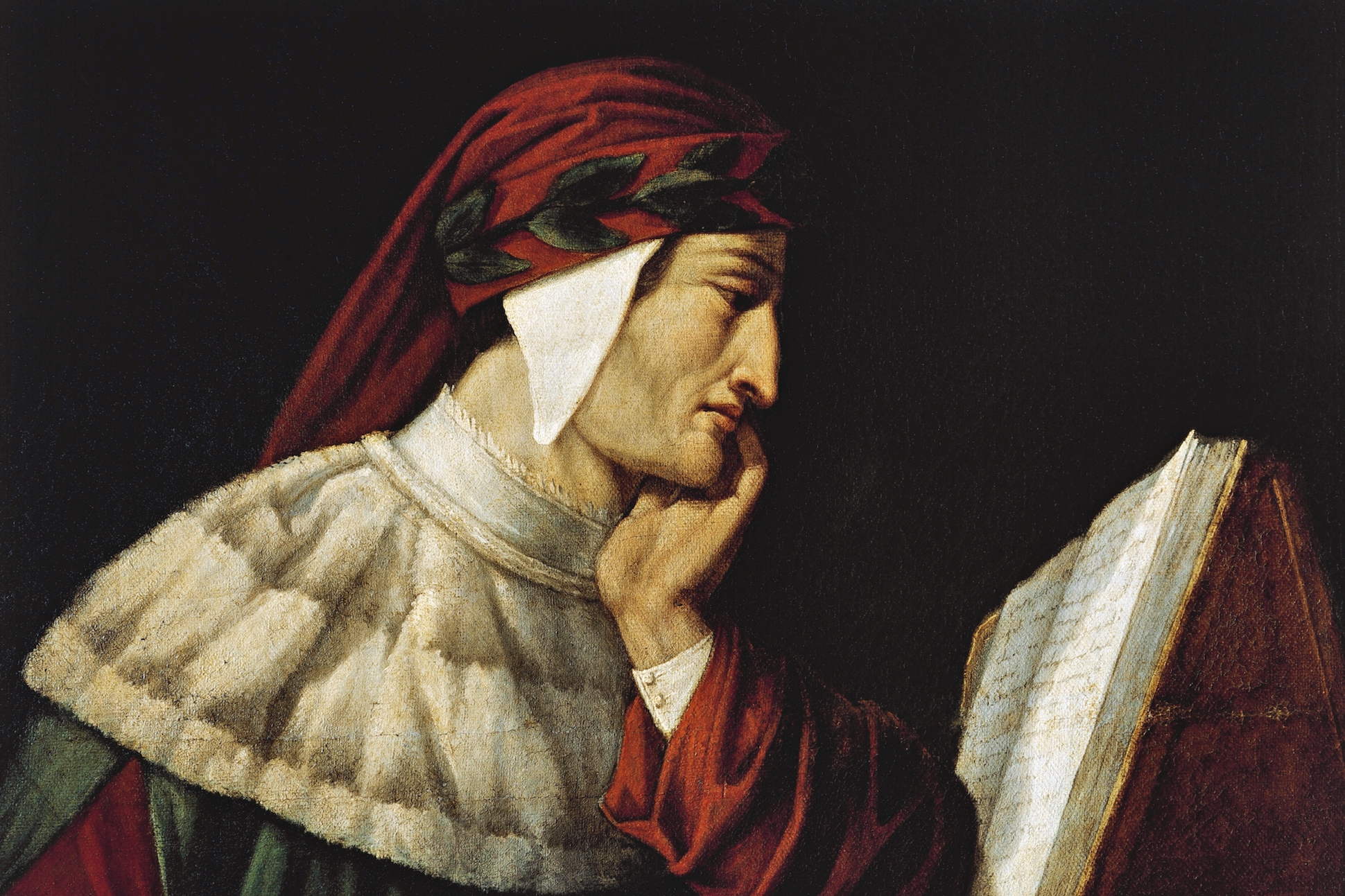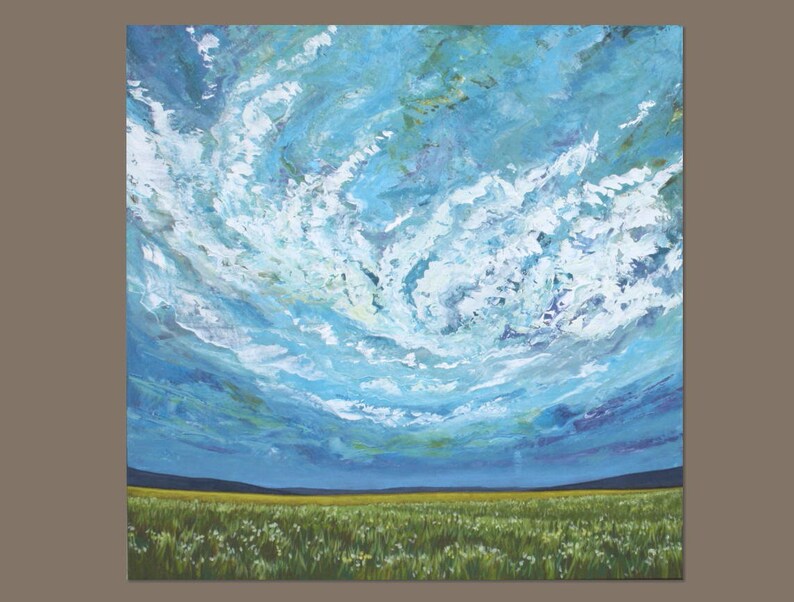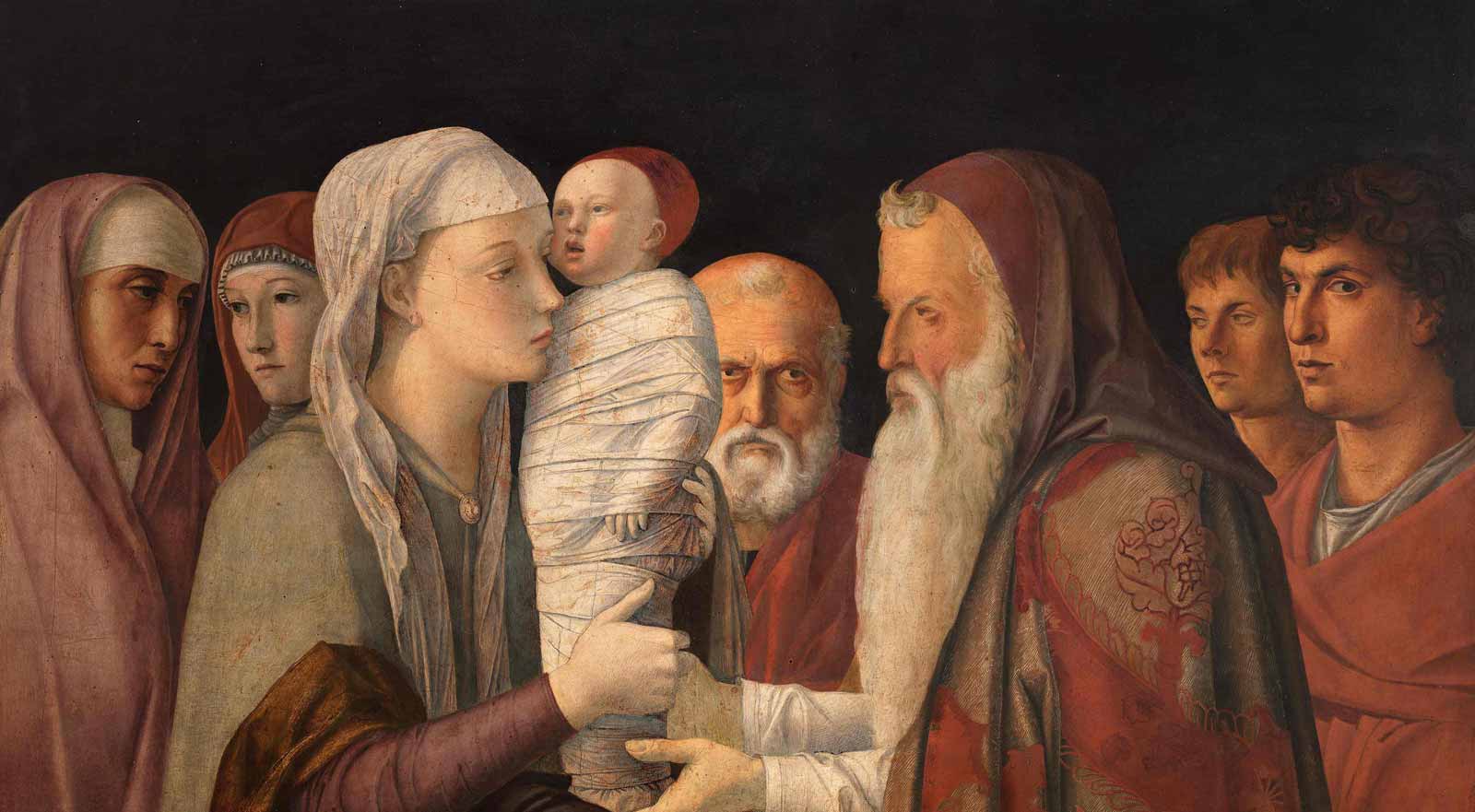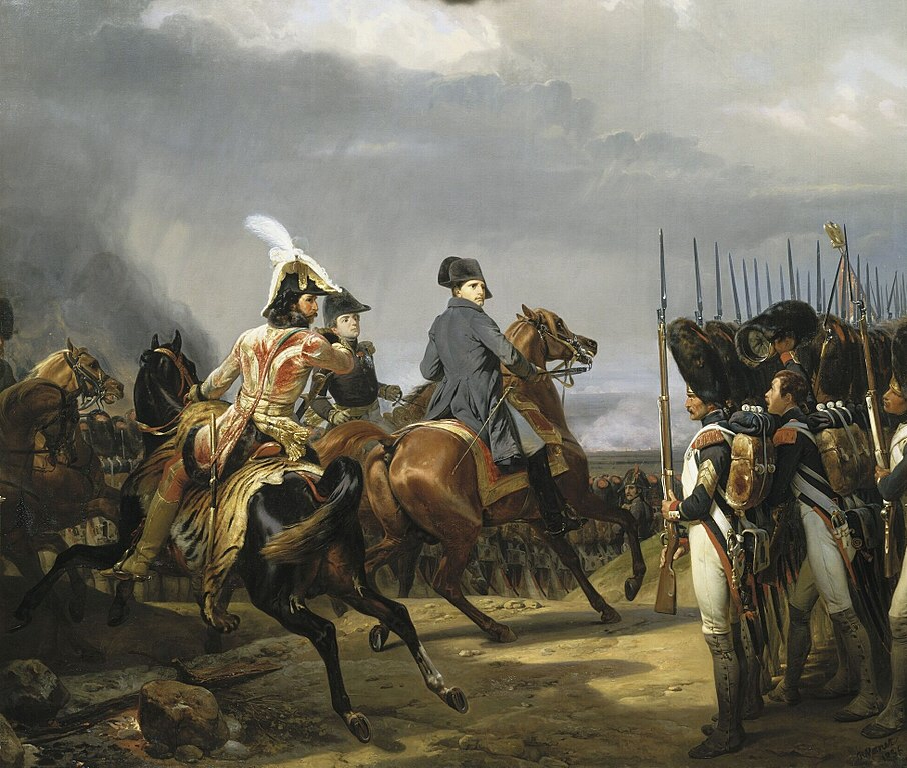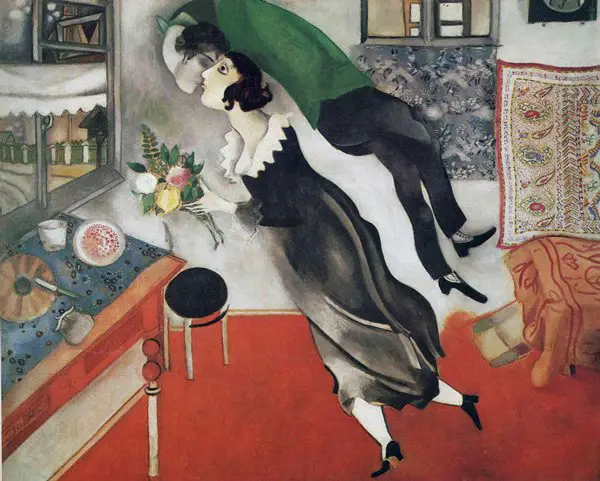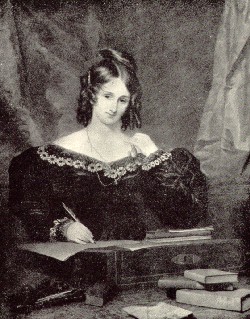
My Floridian FB friend Ann Leshy Wood sent me a link to The American Journal of Poetry, a respectable, online, warehouse of mostly distinguished, widely-published, Best American Poetry, MFA-connected poets.
“Read James Kimbrels poem- he appears with my photographs in this issue—did you look at it at all?”
Wood knows me pretty well, and chides me for various things, including the fact that I sound “flat” on my musical recordings. She brags about Florida. I’ve never been to Florida. She adds, “His poem is very very long it’s very controversial he writes in meter it rhymes pretty good he’s a professor at Florida State University he got in touch with me to congratulate me on my photography”
Ann’s photography is gorgeously outdoors-y and art-enhanced: subtle but powerful colors swirling about, blooming clouds, criss-crossing trees, lonely, rugged landscapes. I decide her work is the best thing about the American Journal of Poetry issue, which features a lot of poems—too many to peruse in one sitting.
James Kimbrel’s poem is 34 Byronic stanzas summarizing recent po-biz tiffs—Dove, Alexie, Wee—and he quotes Eileen Myles asking that men simply stop writing for 50 to 100 years, and he pretty much says to her: excuuuuuse me? and questions the virtue signalling of identity politics, viscerally, as well as pedanticaly—it hinders creative thinking, etc. He closes the poem quoting Jimi Hendrix: “Power of love must usurp the love of power.”
Ann tells me Kimbrel was quickly attacked in print. I haven’t bothered to check out the attacks, because all of this is getting pretty old. And no one outside of po-biz cares, anyway.
Kimbrel’s poem is good in its formalism; it rivals Byron’s metrical ear, and I applaud that; also he seems sincere in propounding his message.
But he finally uses the same strategy as his enemies; his virtues, and the way he expresses those virtues, are exactly the same as theirs.
His rivals will just say, “sorry, that Jimi Hendrix line belongs to us, not you.”
Kimbrel’s problem is: Love doesn’t work in war.
He has left himself open to, “you are just another white privilged male claiming you’ve had it bad; that doesn’t change the overall situation, sorry.”
Mr. Kimbrel must be saying to himself, “I’m the one calling for inclusiveness; I’m the one begging for love; I’m the one living the Jimi Hendrix quote!”
And James Kimbrel is right, except he is wrong, just as they are also right—and because of this, wrong. On both sides, there is a myopic certainty of a mind finally incapable of poetic thought. The only way to drain a po-biz swamp is to do what Poe did—zealously and humorously use the critical faculty on actual poems—or, if one must be factual, find out exactly who is puffing and kissing up to whom, as Alan Cordle once did, to some effect, at Foetry.com.
Also, one should never use the rhetoric of college dorm posters—even if it is by someone as cool as Jimi Hendrix. It will only be taken up by your enemies. They attended college, too.
But to return to the topic of this essay’s title, “Why Poetry Sucks So Bad.”
Having been sent the link to the American Journal of Poetry, after I read the Kimbrel poem, I couldn’t help (and here I was in an abstract, critical mood, having read Kimbrel) but dive into the many poems, with their distinguished bios, before me. The poems were impressive, in terms of their detail. The coloring books were all colored in, without going outside the lines. There was no desperate reaching out after rhyme or meter. I knew I was reading Grade A stuff. Decent haircuts. Good, regular clothes. Honesty, but nothing weird or creepy. Sentences. Sense. Observations based on life experience, travel. Scars, wrinkles, tears, even some blood, and all professionally conveyed. More or less good people, seeking, more or less, the good, with MFA and Best American Poetry credits galore. The kind of poems which produce in every poet genuine fear: is this poetry better than mine?
But, in my detached, disinterested, curious, state of mind, after I read a number of the poems, glancing at the fancy creds (2 MFAs? Wow. 27 books? Impressive.) it hit me.
What was on display here wasn’t poetry.
What was on diplay was—the loquacious. These poets had studied and learned to be loquacious, in such a way that what they had written could reasonably be passed off as poetry.
I was reading gab.
Loquaciousness is as unstoppable as the tides in our species, as important as sleeping or eating. We love to gab. Poetry, or what passes for poetry, unlike anything else, perhaps, lends dignity and validity to gab, which many of us, either loquacious by nature—or shy, and wishing to be more loquacious—love, hold dear to our hearts, and even count as necessary to our mental and physical health.
It is true that shaping gab, measuring gab, organizing gab, is an art in itself—the stump speaker, the salesperson, the politician, the camp fire entertainer, or just a good conversationalist, will take great pride in how they present their gab.
But even when it’s being used as poetry, we need to remember that loquaciousness itself doesn’t care about poetry. It is loquacious. So how could it? Gab exists for itself, as one of the chief primitive conditions of the human race; the loquacious will not pause to let anything stand in its way, especially not an abstract—to its own loquaciousness—notion of the merely poetic, which, the loquacious of a learned bent have already determined is too complex (loquacious?) to be properly defined, anyway.
So we shouldn’t be fooled. When poetry, ill-defined and mumbling, stands at our door, seeking entrance, don’t doubt for a moment that the talkative fellow looming right above his shoulder isn’t coming in with him.
And who do you think has done the real work, made those sentences, breathed life into those flowing poems, published all those books, earned all those MFAs? The timid, uncertain, poet? Or his friend, talking fast, ripped, confident, in your face, yup, that’s right, hey! bristling with all the polite tricks and mannerisms and trivia of civilized life, already almost inside your door?
And then, in my reflective mood, a further insight struck me. Formalism, the essence of which the mere public reads as that which distinguishes a certain kind of writing as, in fact, poetry—that formalism left behind decades ago by the learnedly loquacious themselves, never has been that important in itself; the most important thing about formalism is that it is a check on loquaciousness.
If we think of formalism’s chief reason to exist as a hindrance to gab, we will better understand how formalism came into existence as poetry, when poetry was born—as itself, in terms, mostly, as an interest in form such as defines music and the plastic arts, and as a necessary check on the inevitable flood which sweeps poetry away from itself, the greatest enemy to poetry, this tidal wave which everywhere infiltrates all we call poetry—and, chattering away, makes a mockery of divine poetry—a trickling fountain covered by a howling ocean of neverending gab.
Shelley was right. There is no reason not to use meter and rhyme. But now the great reason has presented itself. It is not so much for what the cunning world of formalism is, but for the over-smooth invader it saves us from.
Now, one might attempt to refute this by saying “formalism cannot have any impact on loquaciousness since it has no effect on its opposite—reticence, and further, ancient poets did use formalism in a loquacious manner.”
But formalism cannot exist if too much reticence is present; formalism needs a fair amount of text on which to operate, so it doesn’t succumb to jingly brevity, and therefore the attributes of loquaciousness—on either side of the coin—and formalism are relevant to each other’s existence. The “check” we speak of is just that, a preventative measure—if a poet is skilled enough to be formally loquacious, free speech and poetry triumph together, and then only rarely, since skill is required, and therefore, formalism keeps the loquacious in check, as a rule.
Gab is not poetry, and will never be poetry. Gab may be loved more than poetry, and in many ways may be more important than poetry—which is all the more reason to protect poetry from gab, to isolate poetry from gab, because we know these two things exist and they are not the same.
Even if gab is poetry’s clay, they are two different things in the end. If gab is gab posturing as poetry in so many ways at present, and if this is happening, unconsciously, it should be called out, for the sake of poetry, which stands so close to gab today, that we don’t even know. Do we?
Note: this essay is not an attempt to review every poem published in the American Journal of Poetry. Every reader and poet should recognize gab when they see it, but as the article points out, gab and poetry are quite similar, and further, I hope it is clear I never meant to imply that all the poems in the AJP issue are gab.
